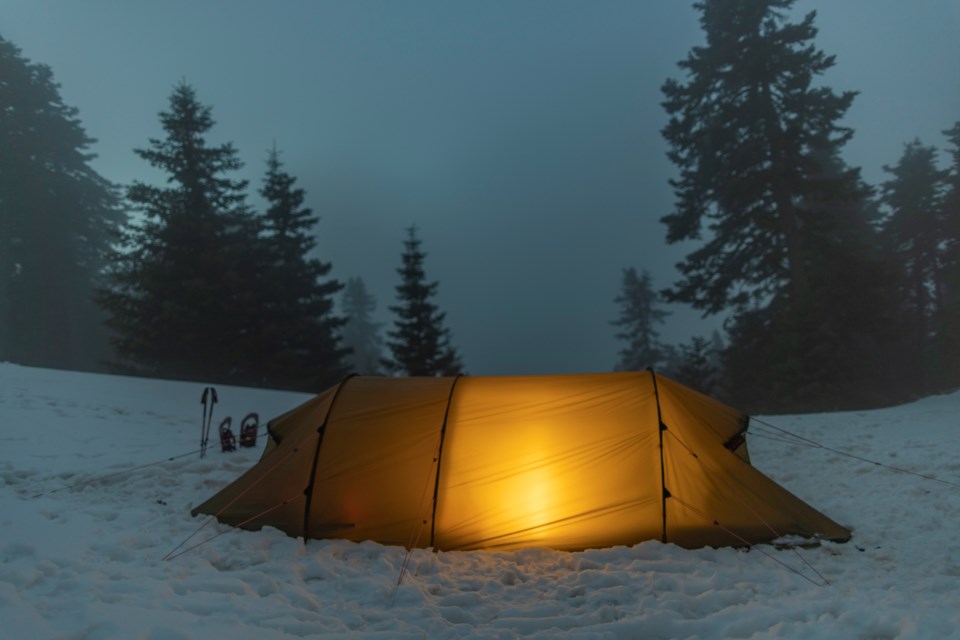It is like a search and rescue version of the movie Groundhog Day, where the same situation played out day after day.
On Sunday, Nov. 19, at about 4:30 p.m. Squamish Search and Rescue was called out to help a lost hiker who had gone off the Al's Habrich Trail behind the Sea to Sky Gondola.
The man became lost and stuck in steep terrain after dark, so he called the gondola just before his phone died, according to Squamish SAR vice-president B.J. Chute.
"They managed to get GPS co-ordinates from him and then relay that to 911, and then to us," Chute said.
The man was unprepared to spend a cold night in the alpine.
Because it was dark and getting late, Chute said the SAR team was uncomfortable sending ground members into the hazardous terrain, on a cliff and in snow, so they requested help from North Shore Rescue.
"They're able to fly at night with their night vision,” said Chute. “They were able to locate and hoist him out and return him to Squamish Airport.”
The man was uninjured.
Then the following Monday night at about 4:40 p.m., Squamish SAR was again called out to help two hikers who had called 911 in the same area as the night before. They were lost and not prepared to spend the night out in the mountains.
Like the night before, the Squamish team decided to call on North Shore SAR.
"It would not have been a safe decision to either leave them or to send our team up there at nighttime. So again, the decision was made to request North Shore Rescue to come up and perform a night operation," Chute said.
The North Shore team responded with Talon Helicopters.
"Thankfully, these hikers still had some battery left on their phones and were able to shine a light at the helicopter making it much easier to locate them," reads a North Shore Rescue post on Facebook.
"Two rescuers were inserted via hoist, assessed the hikers, and then they were hoisted out. The hikers were then handed over to Squamish SAR and the RCMP."
Lessons to learn
Chute noted that everyone makes mistakes, and ideally, others can learn from the events that led to these two rescues.
"Though it may be sunny and warm-ish, down here in the valley, it's full winter conditions once you get up into the mountains," he said.
"It's just no longer summer. So with that, obviously, there's snow on the ground, colder temperatures ... as well as daylight falls a lot quicker. So, these hikes that you would normally do in a day, you really need to be prepared to be out at dark," he said.
He added that if you go out recreating at this time of year, you have to be prepared to the point you could self-rescue or at least be OK staying the night out.
"There are many areas within Squamish that it's just simply not safe to send search and rescue volunteers to, outside of daylight hours," he said.
Sunset is happening earlier and earlier, Chute noted.
On Nov. 21, for example, sunset is at 4:25 p.m.
He said that hikers need to have a light source, and preferably not a cellphone, as using the cell light for extended periods in the cold drains its battery.
It is worth carrying a portable cellphone charger as well, he added.
"People do need to take that extra time to research where they're going, the [amount of] daylight, and to have the extra supplies with them such as food, water, light, warmth, and potentially shelter," he said.
It would have been a very uncomfortable night for all the hikers involved in these rescues had they had to spend it out in the backcountry without supplies.
"I think it's important that we all learn from these outcomes, as opposed to the potential that could have happened," Chute said, adding that if folks do find themselves in trouble in the backcountry, never hesitate to call 911 to access search and rescue.



